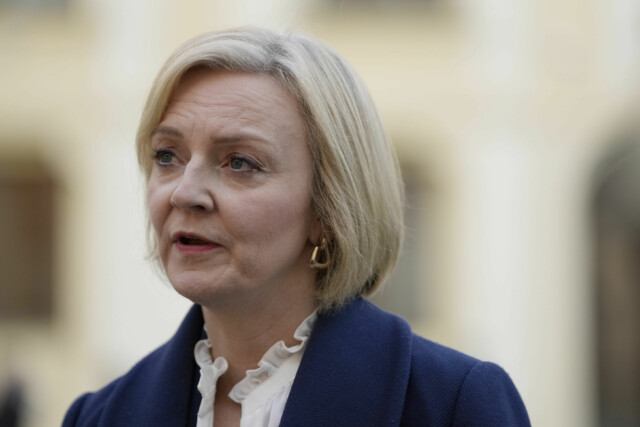
MILLIONS receiving benefits could have their payments cut next year – but some might not be affected.
Liz Truss has refused to commit to raising Universal Credit in line with inflation from next April.
The move will impact millions of benefit recipients
Instead, they could go up in line with average earnings, which is a lower amount.
If incomes don’t rise at the same rate as prices it leaves people worse off and is pay cut in real terms.
But The Treasury is considering excluding those with disabilities and caring responsibilities from the benefits cut, according to The Times.
It has now been suggested that those receiving Universal Credit linked to disability or care issues will have their allowance increased in line with inflation.
The current rate of inflation is 9.9% but wages are growing on average by 5.4%.
It means people on benefits that don’t claim disability or carers allowance could get what’s known as a real-terms pay cut.
It’s expected the DWP will confirm how benefits will be uprated in November.
The benefits that would see a real-term pay cut if they were to rise in line with average earnings and not inflation are:
- Income-based Jobseeker’s Allowance
- Income-related Employment and Support Allowance
- Income Support
- Tax Credits (Child Tax Credit and Working Tax Credit)
- Housing Benefit
- Council Tax Support
- Social Fund (Sure Start Maternity Grant, Funeral Payment, Cold Weather Payment)
- Universal Credit
- Child Benefit
You can figure out how much one of the above benefits would go up or down based on average earnings or inflation.
Those on Universal Credit can get different amounts depending on their circumstances.
If you’re single and under 25 your monthly standard allowance is £265.31.
If that were to go up next April based on inflation in August, which was 9.9%, you would receive £291.57 instead.
If it were to go up based on the average UK wages in August, 5.4%, you would receive £279.63.
That’s a difference of £11.94 a month or £143.28 over a year.
However these figures are hypothetical and could go up or down depending on what inflation and average earnings are in September.
The Department for Work and Pensions (DWP) usually uses September’s inflation figures to make the decision on benefit uprating from the following April.
September’s rate of inflation will be revealed this month.
We’ve asked the DWP and Number 10 to confirm the news and will update the story once we get a response.
Did you miss our previous article…
https://hellofaread.com/money/martin-lewis-explains-when-you-should-really-run-tumble-dryers-and-washing-machines-to-save-money/







